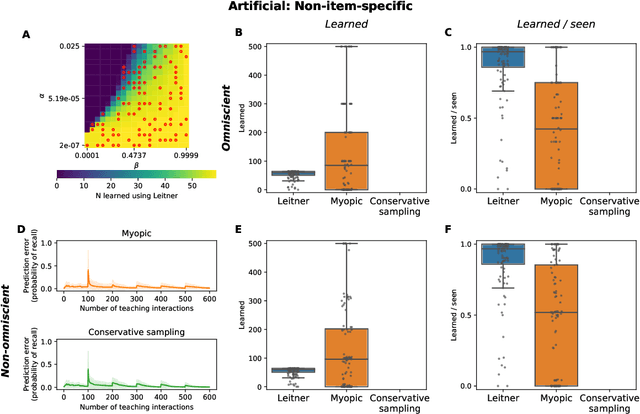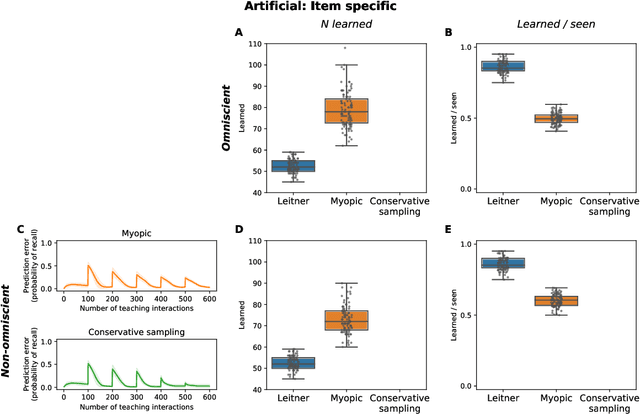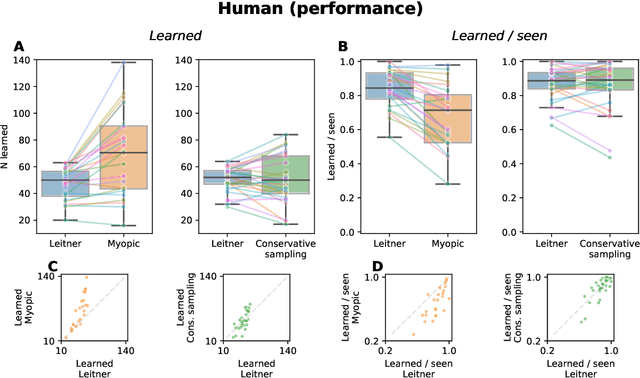Carlos de la Torre-Ortiz
Self-Calibrating BCIs: Ranking and Recovery of Mental Targets Without Labels
Jun 11, 2025Abstract:We consider the problem of recovering a mental target (e.g., an image of a face) that a participant has in mind from paired EEG (i.e., brain responses) and image (i.e., perceived faces) data collected during interactive sessions without access to labeled information. The problem has been previously explored with labeled data but not via self-calibration, where labeled data is unavailable. Here, we present the first framework and an algorithm, CURSOR, that learns to recover unknown mental targets without access to labeled data or pre-trained decoders. Our experiments on naturalistic images of faces demonstrate that CURSOR can (1) predict image similarity scores that correlate with human perceptual judgments without any label information, (2) use these scores to rank stimuli against an unknown mental target, and (3) generate new stimuli indistinguishable from the unknown mental target (validated via a user study, N=53).
Improving Artificial Teachers by Considering How People Learn and Forget
Feb 19, 2021



Abstract:The paper presents a novel model-based method for intelligent tutoring, with particular emphasis on the problem of selecting teaching interventions in interaction with humans. Whereas previous work has focused on either personalization of teaching or optimization of teaching intervention sequences, the proposed individualized model-based planning approach represents convergence of these two lines of research. Model-based planning picks the best interventions via interactive learning of a user memory model's parameters. The approach is novel in its use of a cognitive model that can account for several key individual- and material-specific characteristics related to recall/forgetting, along with a planning technique that considers users' practice schedules. Taking a rule-based approach as a baseline, the authors evaluated the method's benefits in a controlled study of artificial teaching in second-language vocabulary learning (N=53).
 Add to Chrome
Add to Chrome Add to Firefox
Add to Firefox Add to Edge
Add to Edge